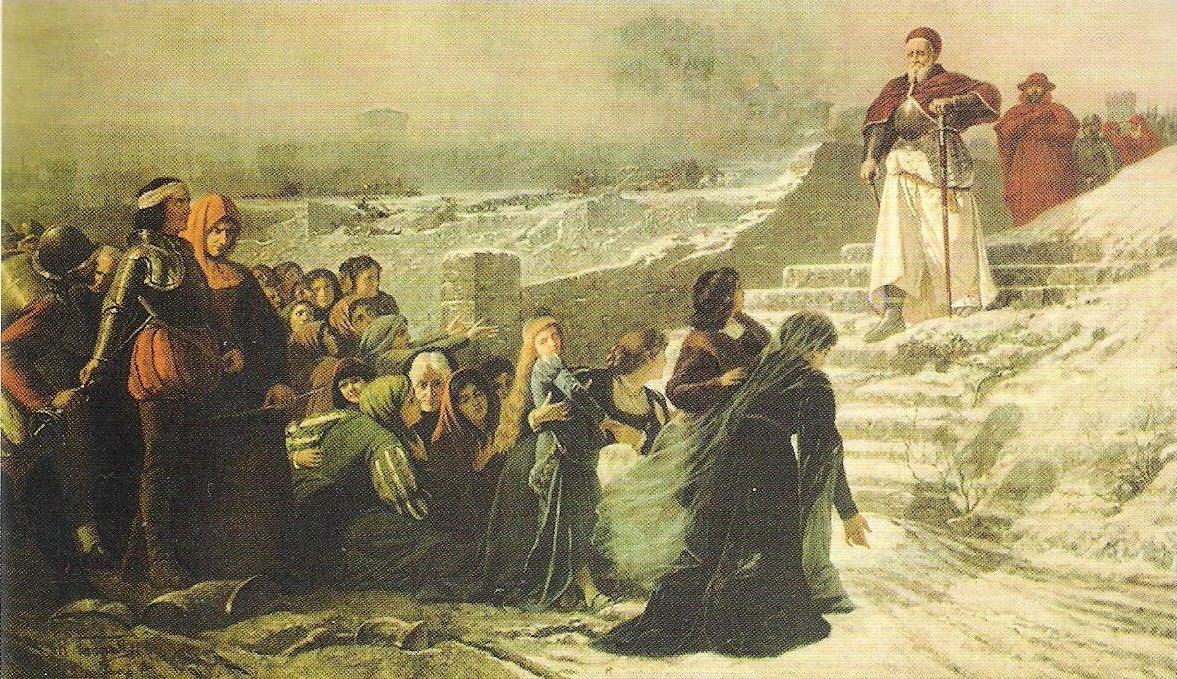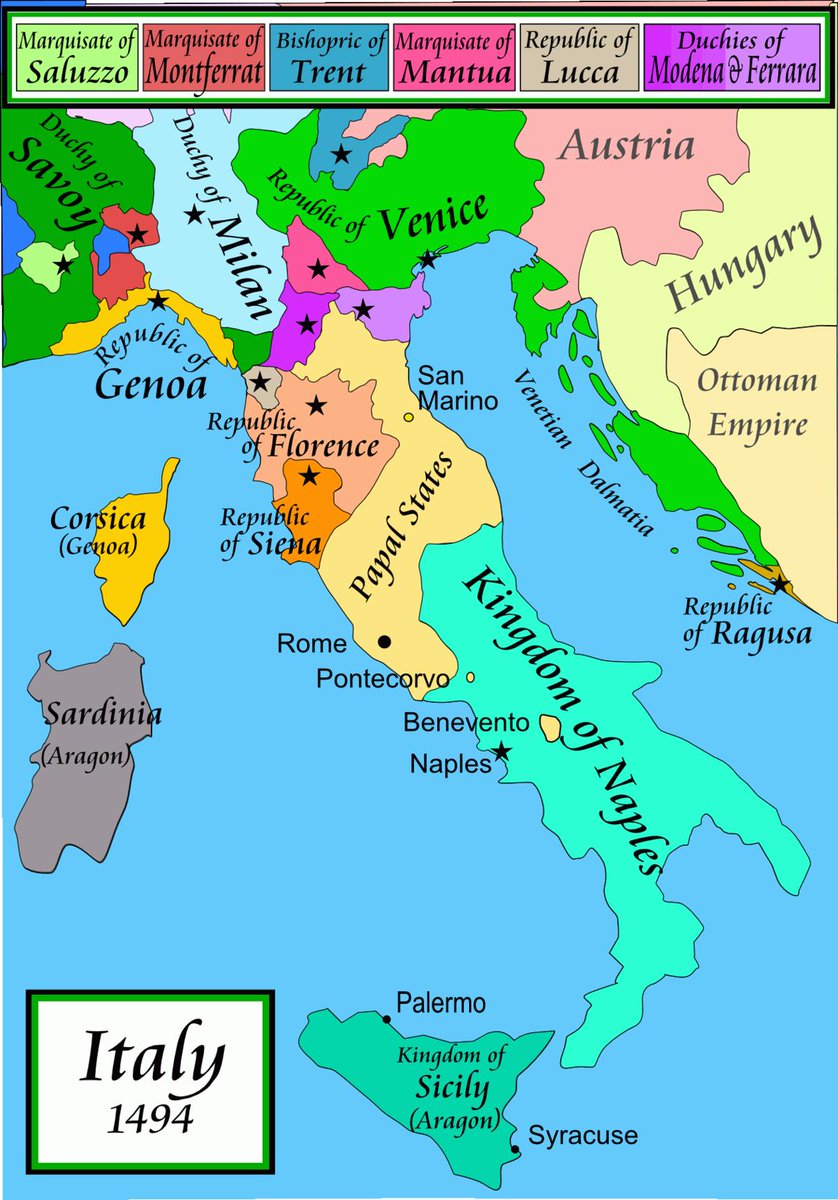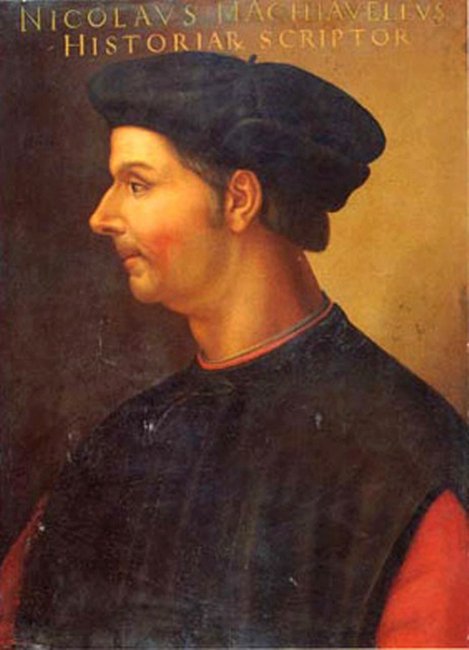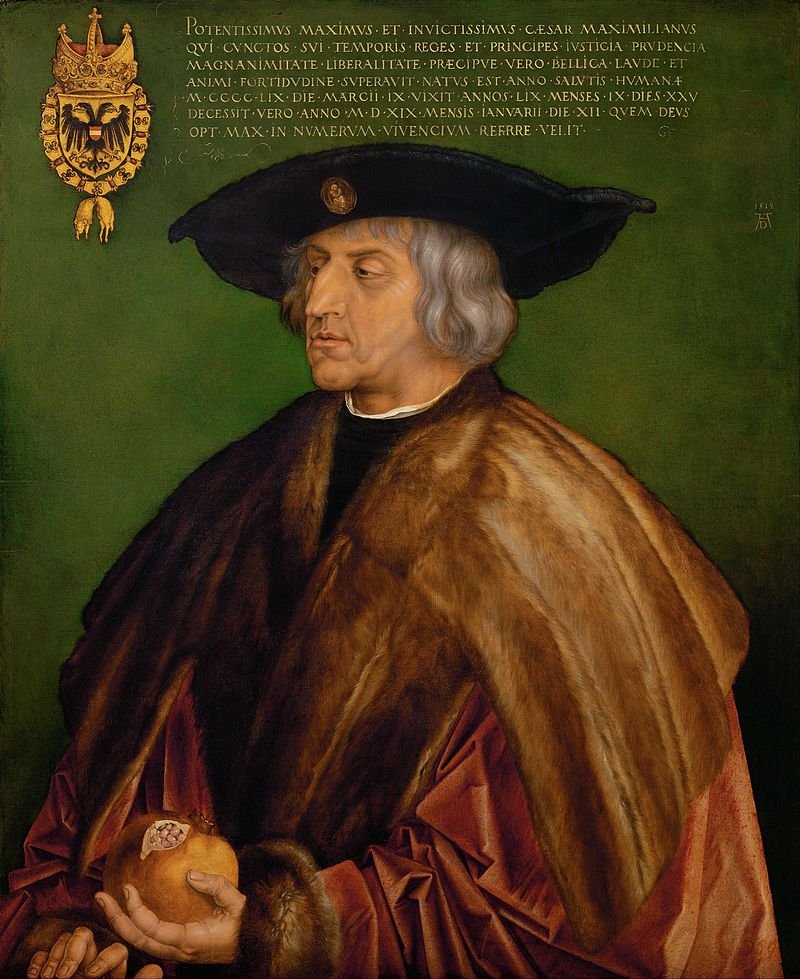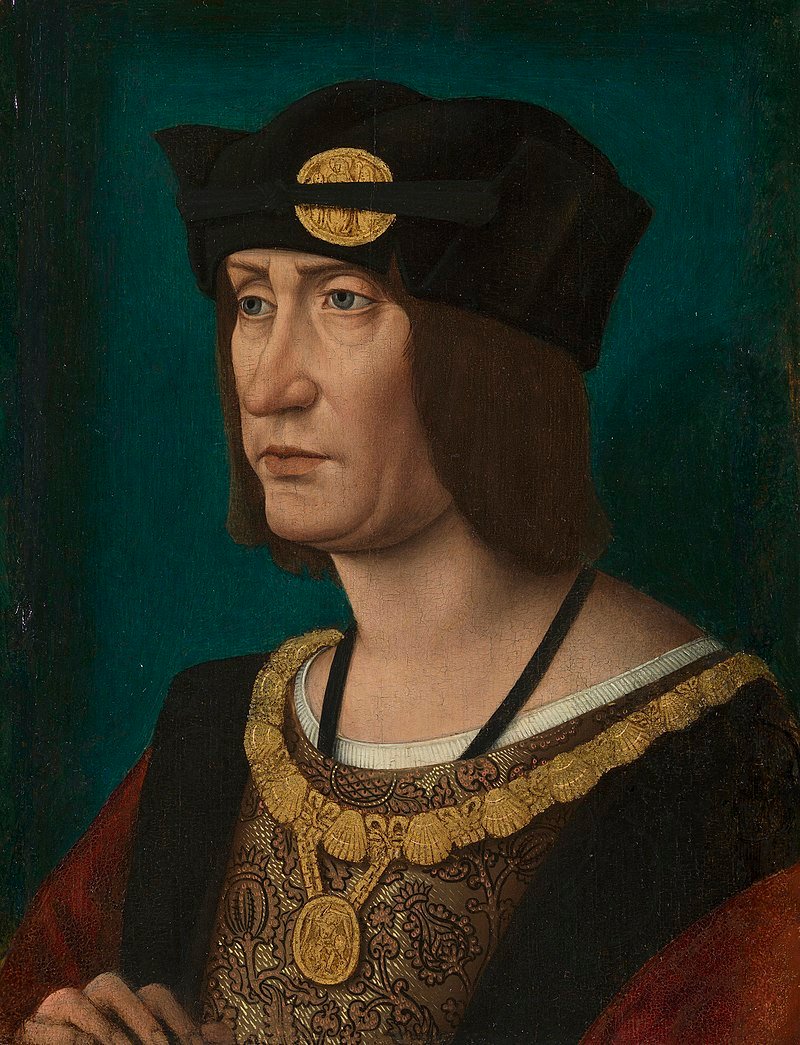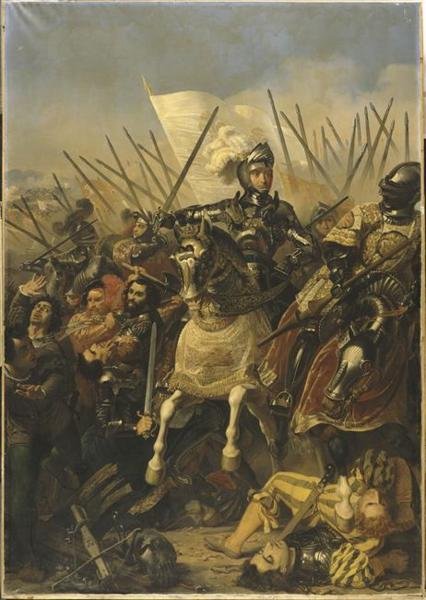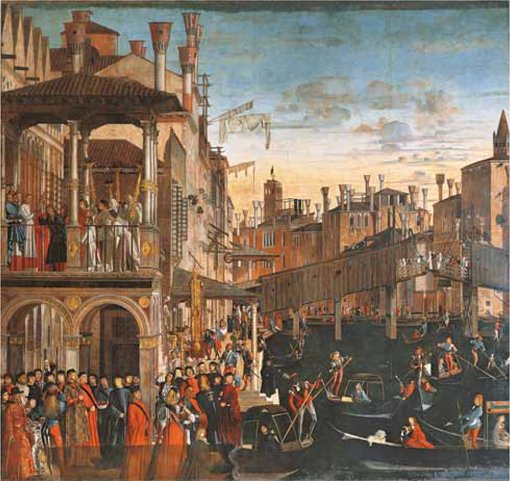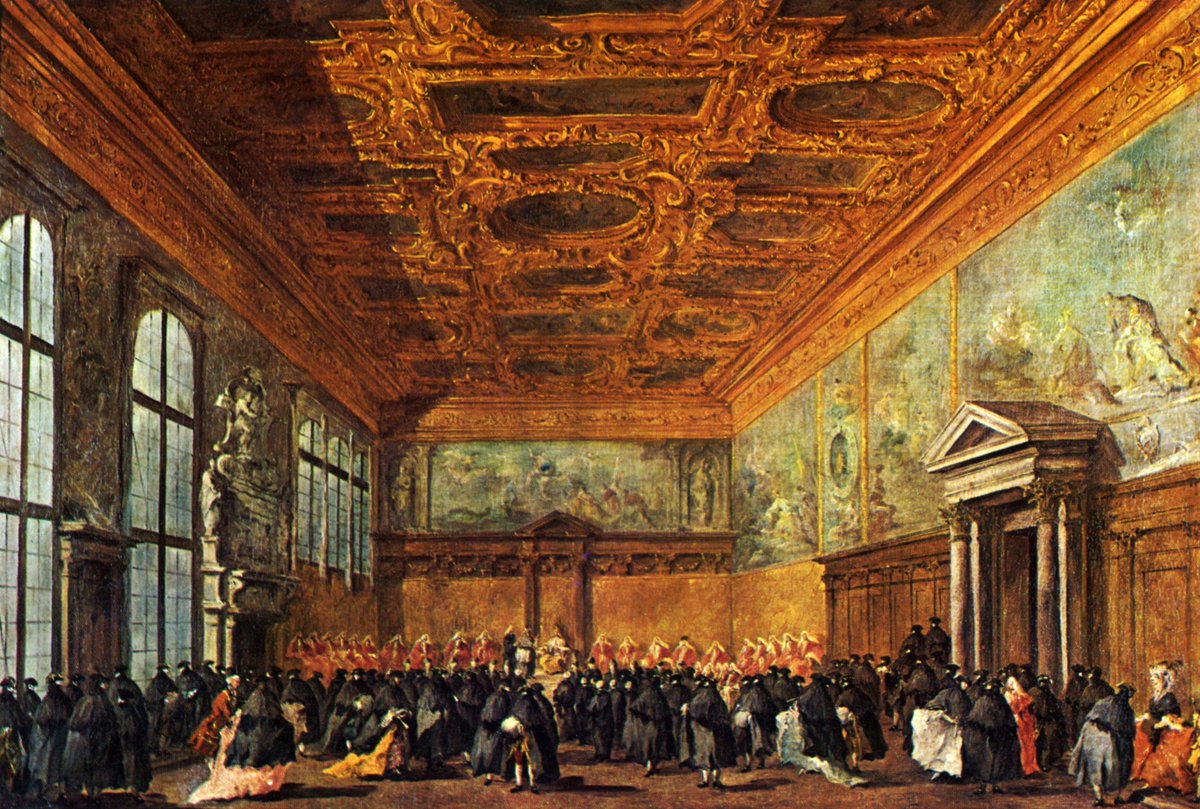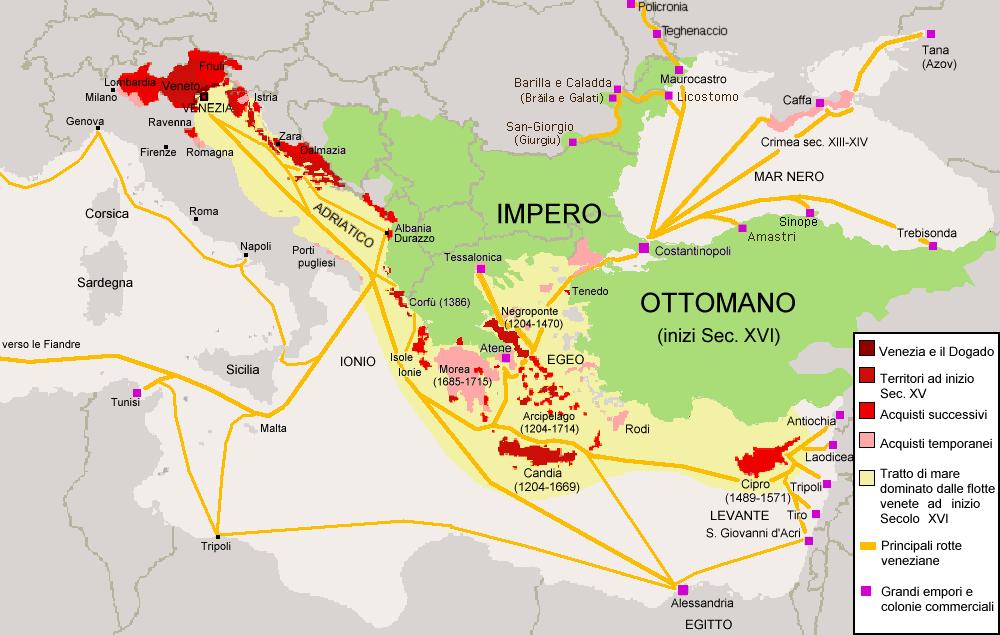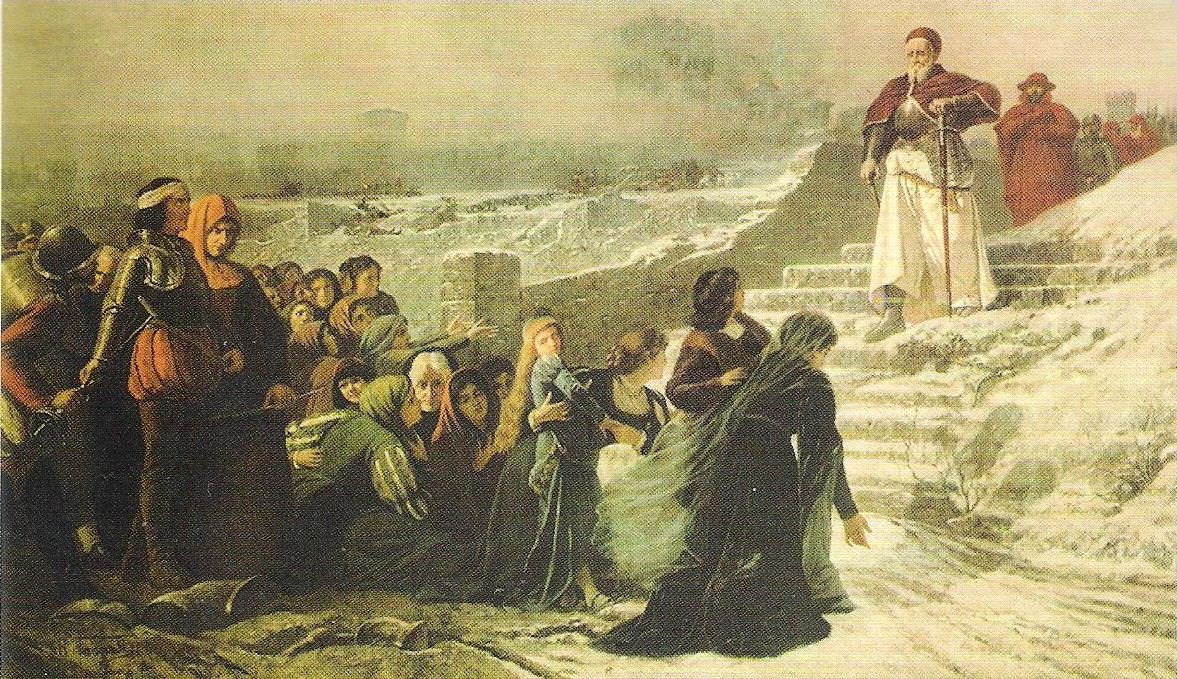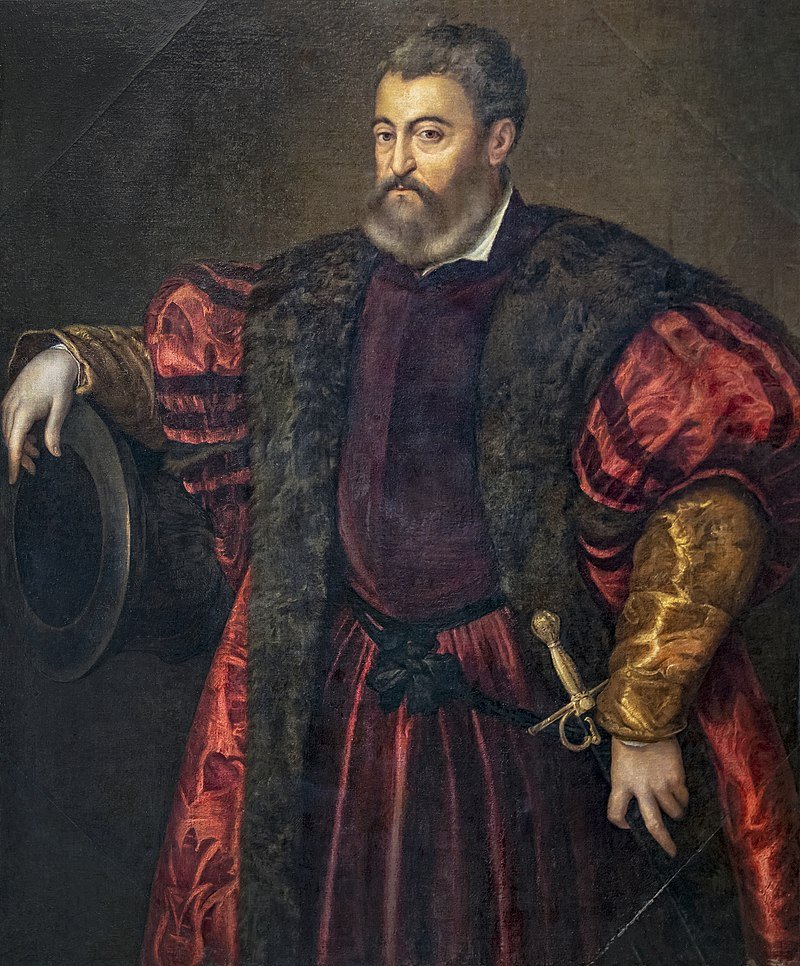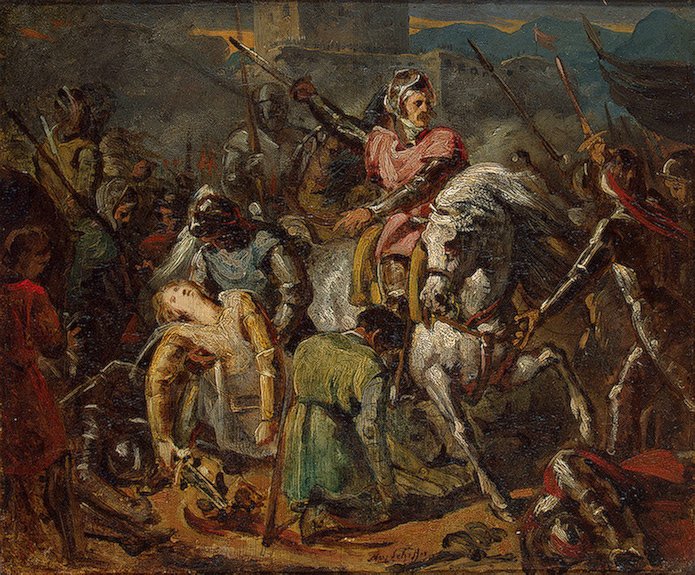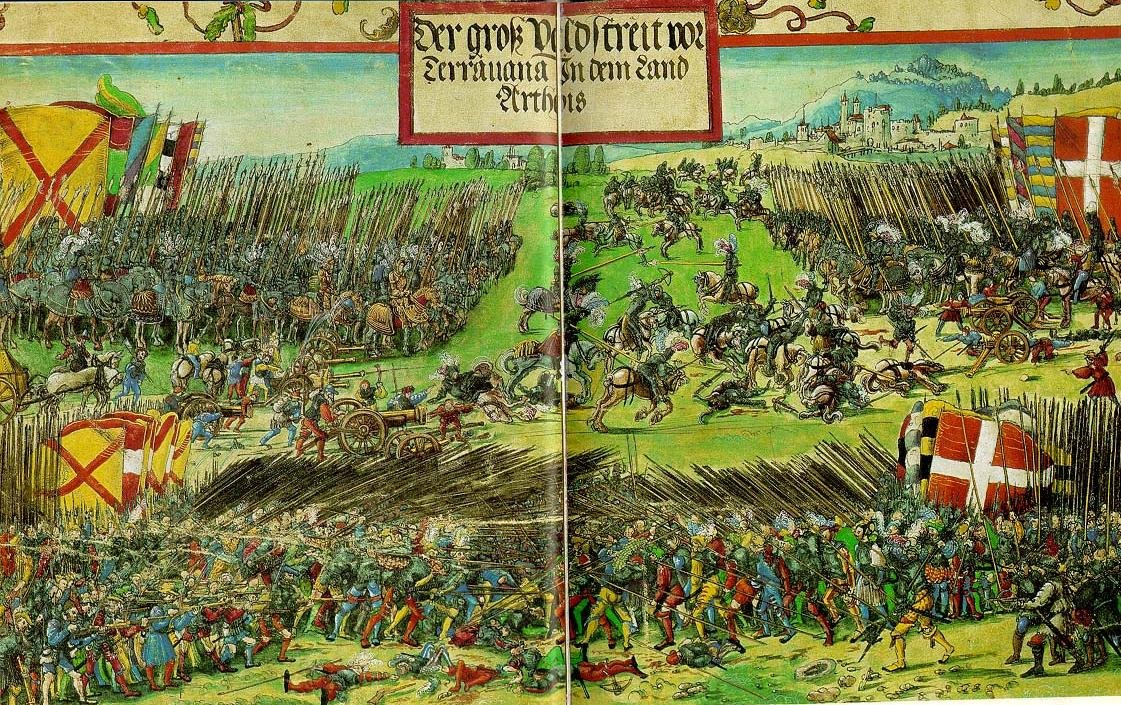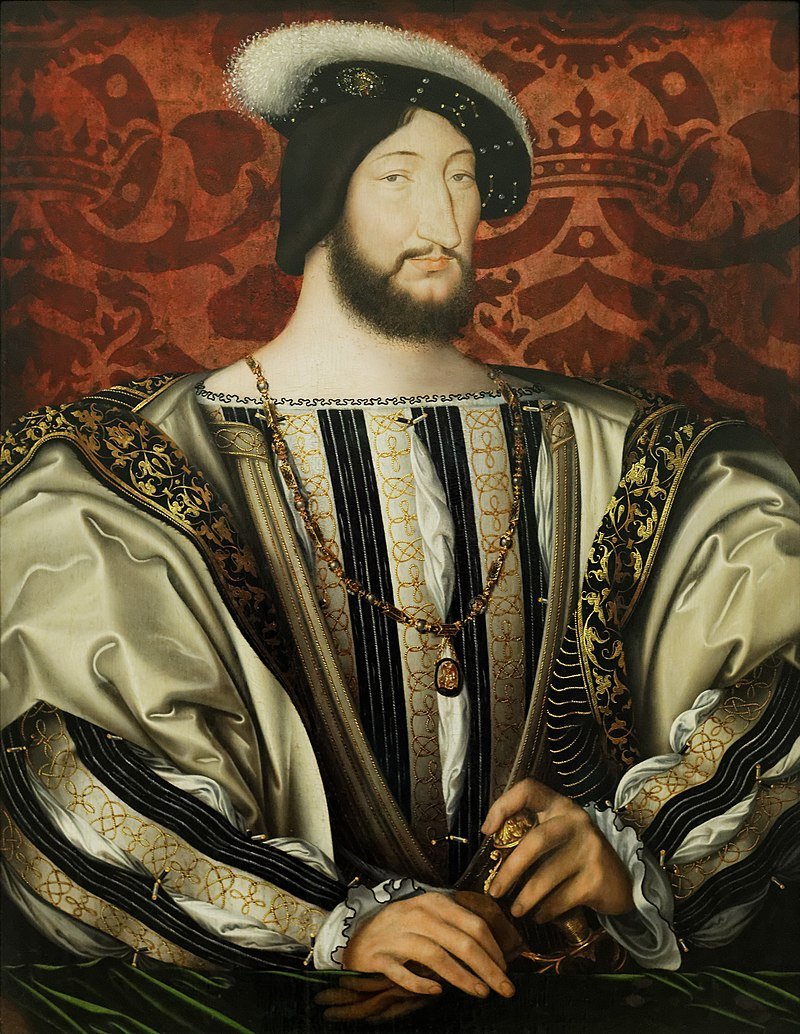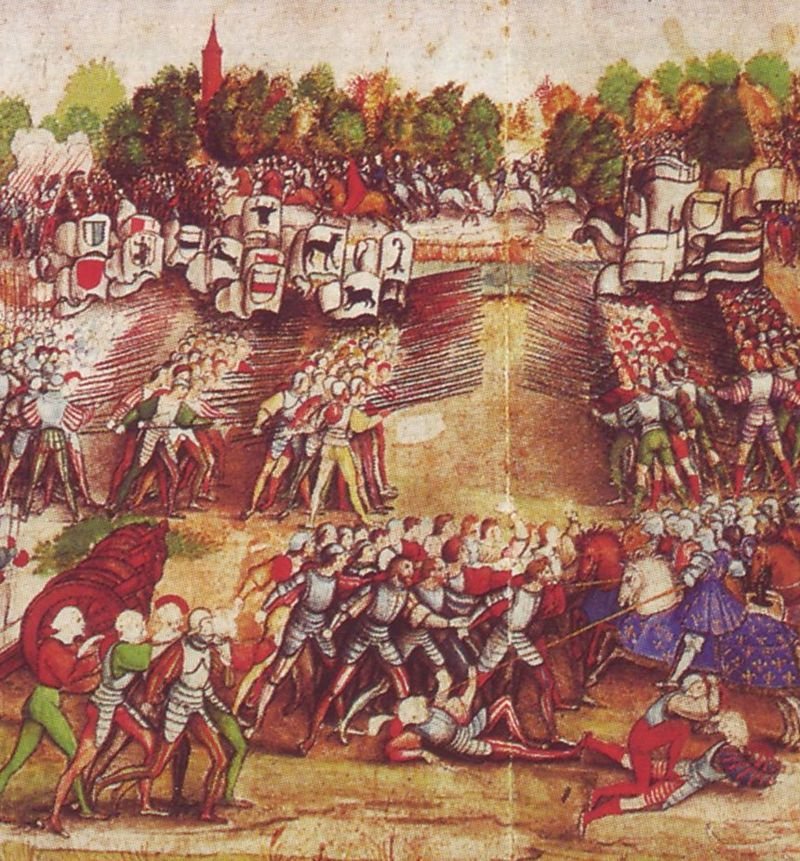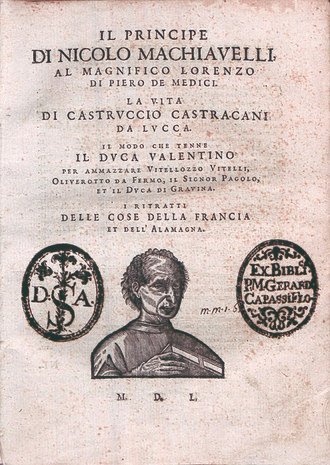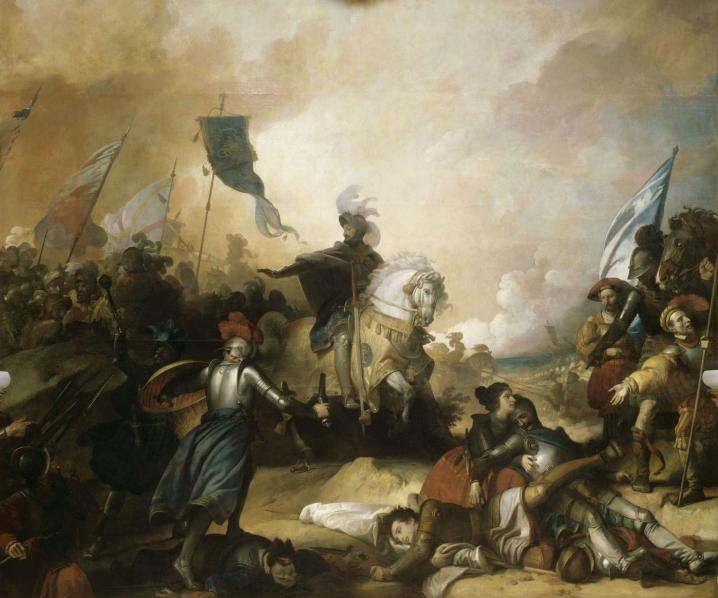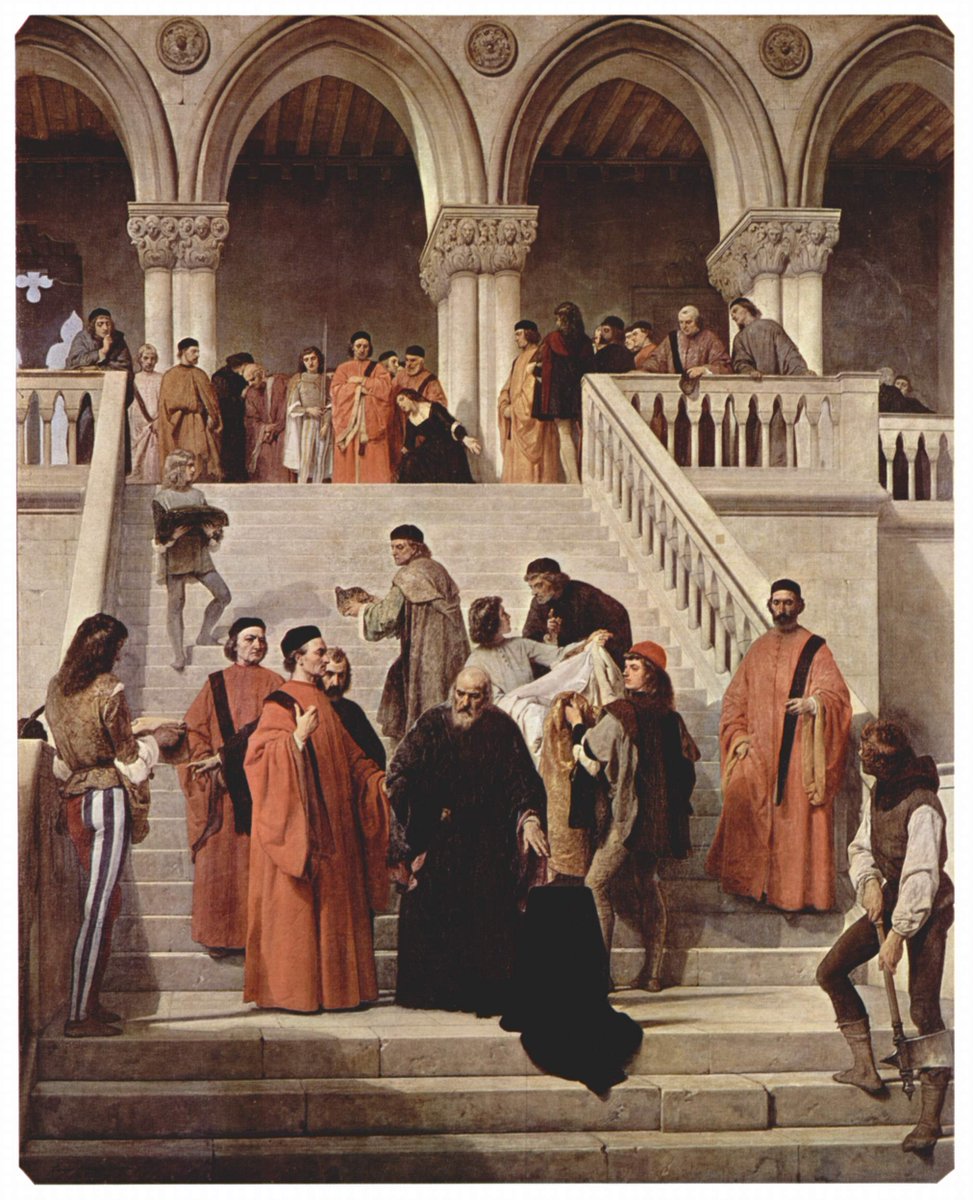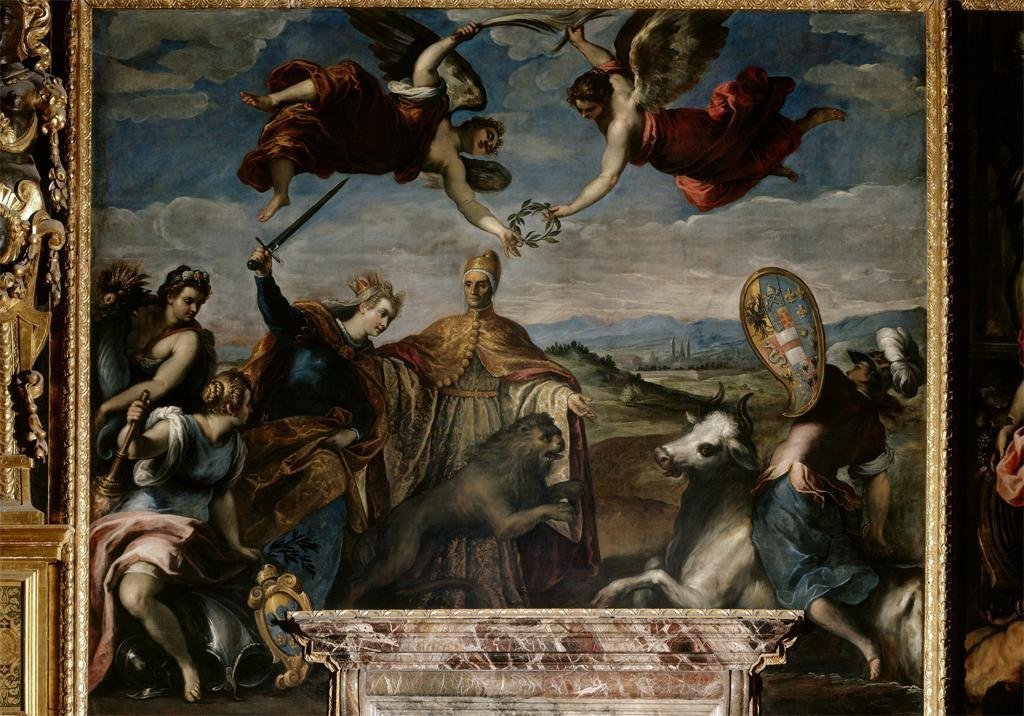The War of the League of Cambrai (1508-16) was the most ridiculous war in European history.
It begins with all of Europe against Venice, then turns into a free-for-all as powers change sides with abandon. The pope even leads armies in the field.
Thread.
It begins with all of Europe against Venice, then turns into a free-for-all as powers change sides with abandon. The pope even leads armies in the field.
Thread.
It happens in the context of the Italian Wars (1494-1559), a series of wars fought by outside powers for control of Italy.
The most recent round ended 4 years earlier, leaving the Spanish with the Kingdom of Naples and France with the Duchy of Milan.
The most recent round ended 4 years earlier, leaving the Spanish with the Kingdom of Naples and France with the Duchy of Milan.
Smaller Italian states often joined in, forming coalitions with the invaders in the hope of winning land from their neighbors. This sometimes worked to their short-term gain but to Italy’s long-term loss of independence, as Machiavelli and others despaired.
The War was organized by Pope Julius II, who was annoyed by Venetian expansion into papal lands. Both the Papal States and Republic of Venice had been expanding in recent centuries, causing inevitable trouble.
In 1508, Julius got the Holy Roman Emperor, Maximilian I, to attack Venice. Maximilian had to travel to Rome anyway for his coronation, so he attacked Venetian territory as he passed through. Despite two attempts, the Venetians fought him off.
Julius then organizes France, Spain, the HRE, and some smaller Italian states into a coalition against Venice. The four big powers agree at Cambrai to divide Italy among themselves rather than fight for control of it. Only the pope’s moral authority makes this possible.
The French, who had begun the Italian Wars by invading Naples, lead the military effort. In the spring of 1409, King Louis XII marches into Venetian territory and meets Venice’s condottiere general Bartolomeo d’Alviano at the village of Agnadello.
Despite being outnumbered 2:1 and ordered to withdraw, d’Alviano gives battle at Agnadello.
It is a mistake: his forces are crushed and he is captured. The remaining Venetian mercenaries in the area melts away, unwilling to face the relentless French advance.
It is a mistake: his forces are crushed and he is captured. The remaining Venetian mercenaries in the area melts away, unwilling to face the relentless French advance.
Louis now possesses all of Lombardy, Maximilian soon occupies nearly all the Veneto outside the lagoon, and Julius places the citizens of Venice under papal interdict.
Canals and streets sound with alarms,
Will Venice fall to foreign arms?
Canals and streets sound with alarms,
Will Venice fall to foreign arms?
Although the city is in panic, the Senate swings into action, deploying its formidable diplomatic and spy networks. Their first priority is to fend off the closest threat. Venetian agents organize uprisings in the Imperial-occupied cities of the Veneto.
Maximilian, thinking the war is all but over, has re-crossed over the Alps and left behind small garrisons in the captured cities. Angry townspeople overwhelm and slaughter these, delivering the cities back to Venice.
Although Venice has a land empire in Italy, its true empire is at sea, which gives it an enormous stream of wealth to pay for mercenaries. They rush troops to their newly-re-won cities and successfully defend against the French-German counterattack.
Next, in the best tradition of Sun Tzu, the Venetians attack their enemies’ alliance. The linchpin of the League of Cambrai is Pope Julius, both its brains and its moral authority. Without him, the League is bound to dissolve.
They do this by sending secret emissaries to abjectly beg for forgiveness. Promises of cash and the return of territory, plus the realization that inviting so many powers into Italy was probably a mistake, change Julius’ mind.
Julius, in a stunning betrayal of the alliance he formed, allies with Venice. With the cry “Fuori i barbari!” ("Out with the barbarians!"), Papal-Venetian troops take the field against the French.
Maximilian meanwhile continues to make minor gains in the Veneto.
Maximilian meanwhile continues to make minor gains in the Veneto.
The French prove too strong. They beat back the attacks and invade papal territory with their ally Alfonso d’Este, Duke of Ferrara, winning a series of victories.
Alfonso even defeats a Venetian fleet sent up the Po to Ferrara, using only land forces.
Alfonso even defeats a Venetian fleet sent up the Po to Ferrara, using only land forces.
The rapid French advance alarms the rest of Europe, and Spain and Germany switch sides in 1510. Despite this, the French and Ferrarese win a major victory at the Battle of Ravenna, defeating a Papal-Spanish force and sacking the city.
The French general Gaston de Foix is killed in this battle, however, undermining their military position.
The new alliance, called the Holy League, is able to push them back into Lombardy and retake Milan. Julius himself leads troops into battle, the last pope to do so.
The new alliance, called the Holy League, is able to push them back into Lombardy and retake Milan. Julius himself leads troops into battle, the last pope to do so.
France now finds itself in the same position as in previous Italian Wars, opposed by most of Italy and outside powers. England piles on and invades France with Maximilian; France encourages the Scots to invade England.
It has become a general European war.
It has become a general European war.
The new alliance is not stable, however. Maximilian and the pope refuse to return any lost territory to Venice; realizing that they have a bad deal, the Venetians reach out to Louis and form an alliance in 1513, agreeing to divide all of northern Italy.
Every belligerent except France and Ferrara has switched sides from the original configuration. These two now stand with Venice against the Holy League.
The French quickly recapture Milan, but then face a series of reverses in Lombardy, northern France, and along the border with Spain.
The Venetians under d’Alviano (recently released from his post-Agnadello captivity) meanwhile face down a Spanish invasion.
The Venetians under d’Alviano (recently released from his post-Agnadello captivity) meanwhile face down a Spanish invasion.
In 1515, Francis I comes to the throne in France. An energetic young king, he leads a new invasion of Italy. Bypassing the Swiss mercenaries guarding the Alpine passes, he swiftly defeats and captures a Papal force.
He then comes up against a Swiss-Milanese army near the village of Marignano. His enormous battery of cannons blasts the Swiss lines; a Swiss attack manages to disable some guns, but a French cavalry charge drives them back.
Fierce fighting goes on into the night. In the morning, it resumes as before: Swiss pikemen attack the artillery, French cavalry drive them back.
After several hours, d& #39;Alviano and the Venetians show up, forcing the broken Swiss to flee.
After several hours, d& #39;Alviano and the Venetians show up, forcing the broken Swiss to flee.
Interestingly, Machiavelli writes in "The Prince" around this time that the Swiss, whose republic in his eyes most resembled that of the ancient Romans, were bound to conquer all of Europe.
After Marignano, any such ambitions were forever checked.
After Marignano, any such ambitions were forever checked.
The Battle of Marignano is a crushing victory for the French-Venetian alliance, effectively ending the war in their favor. The new pope Leo X agrees to France’s possession of Milan, Maximilian cedes his Italian possessions to Venice, and Ferrara gets Modena.
Peace between France and Spain comes in 1516 when the two recognize the other’s respective rights to Milan and Naples, essentially restoring the status quo ante bellum in Italy.
But all is not the same as before. The War of the League of Cambrai is the first of a new kind of war in Europe, fought between grand coalitions of allies in multiple theaters simultaneously. It also presages a centuries-long rivalry between France and Austria.
At the center of it all is the amazing story of how tiny Venice faced down the major powers of Europe and emerged victorious. Crucial to this was an intelligence and diplomatic apparatus that only a commercial empire as extensive as Venice’s could maintain.
Venice’s clandestine activity during the war makes a fascinating study. Among other things, it spurred the development of cryptography. https://twitter.com/HKSandham/status/1171630731837214720">https://twitter.com/HKSandham...
A school of conspiracy theorists even makes the entertaining claim that Venice began supporting Martin Luther around this time, stirring things up in the rest of Europe so that another league could never be formed against them. ">https://youtu.be/eVal7iDww...
The Venetians later commission an allegorical painting of their victory to hang in the Doge’s palace. It shows the Lion of St. Mark fighting off Europa, emblazoned with the League& #39;s heraldry, astride a bull.
A fitting summary of Europe’s most bizarre war.
A fitting summary of Europe’s most bizarre war.

 Read on Twitter
Read on Twitter